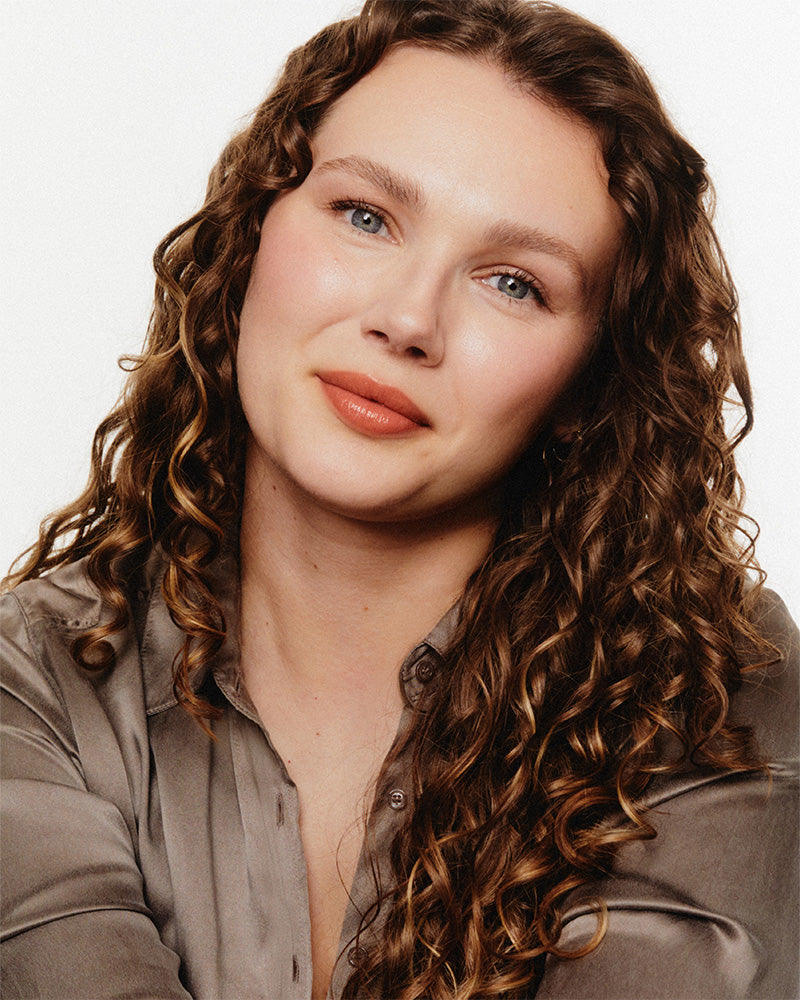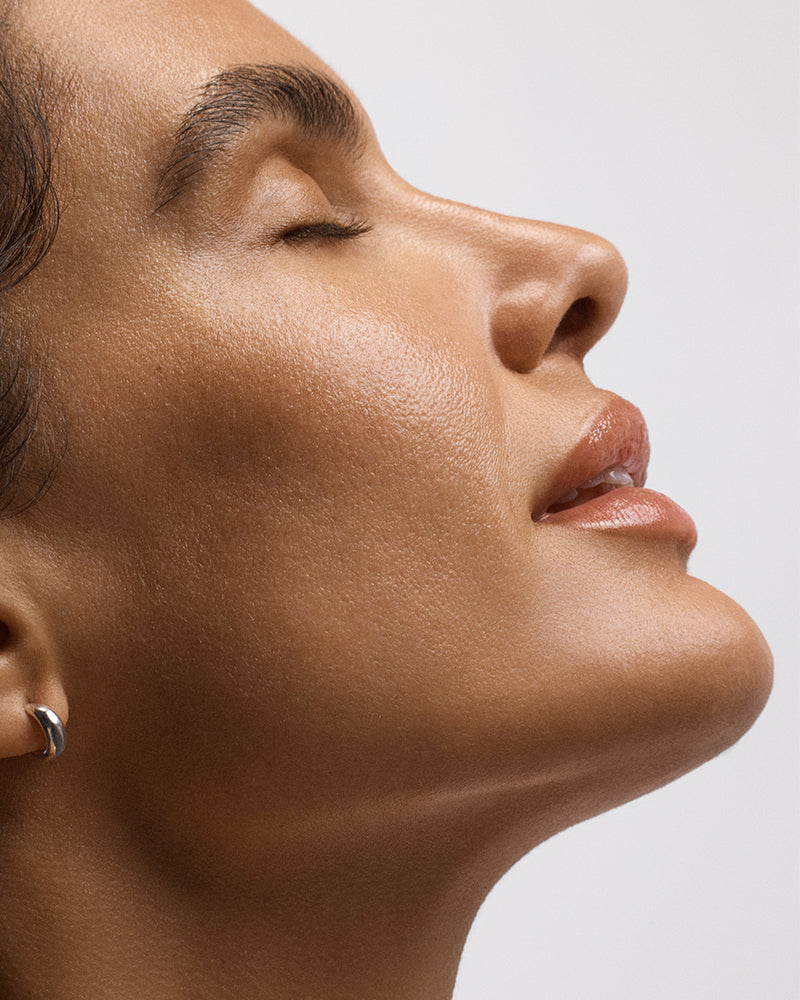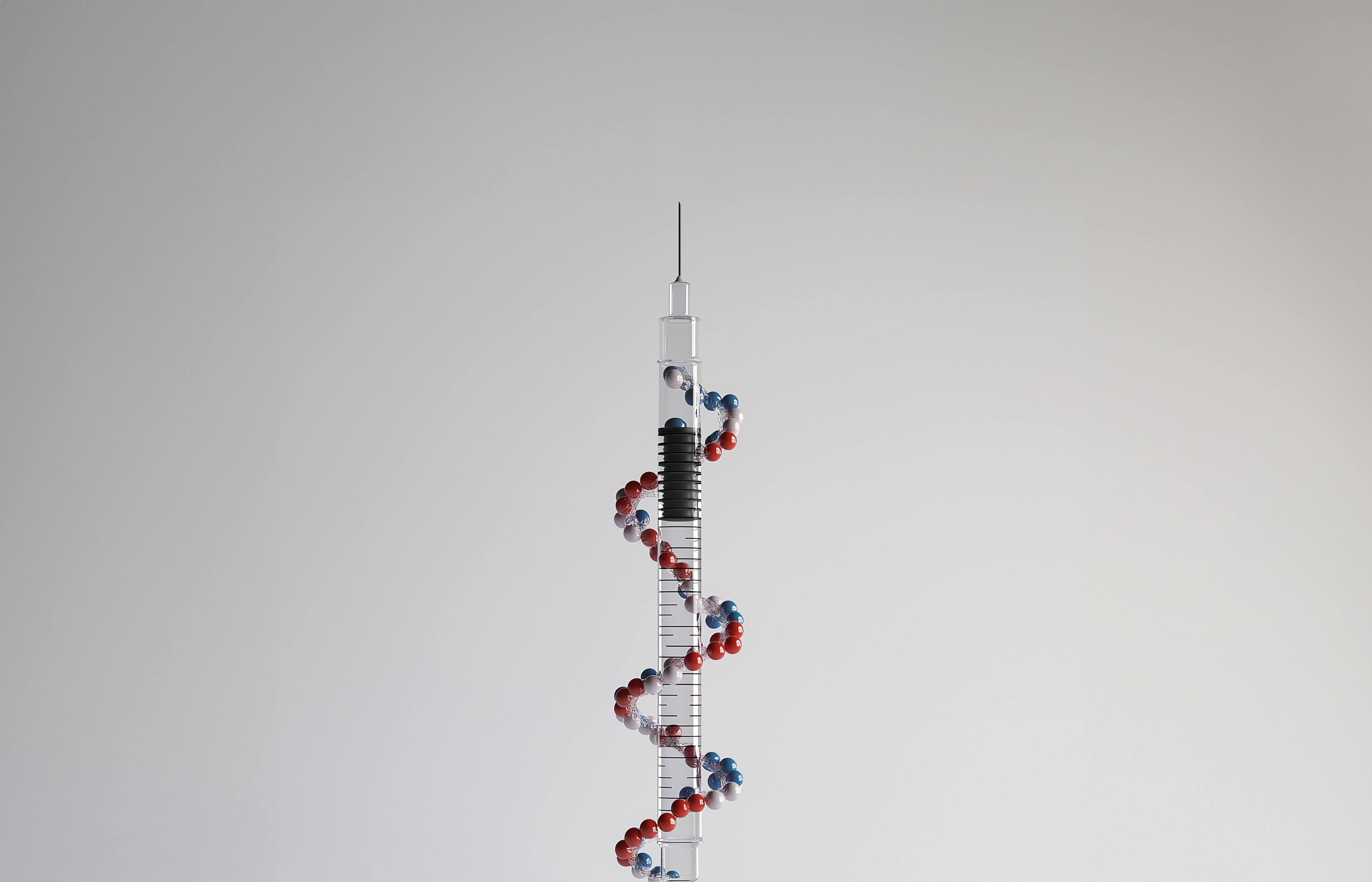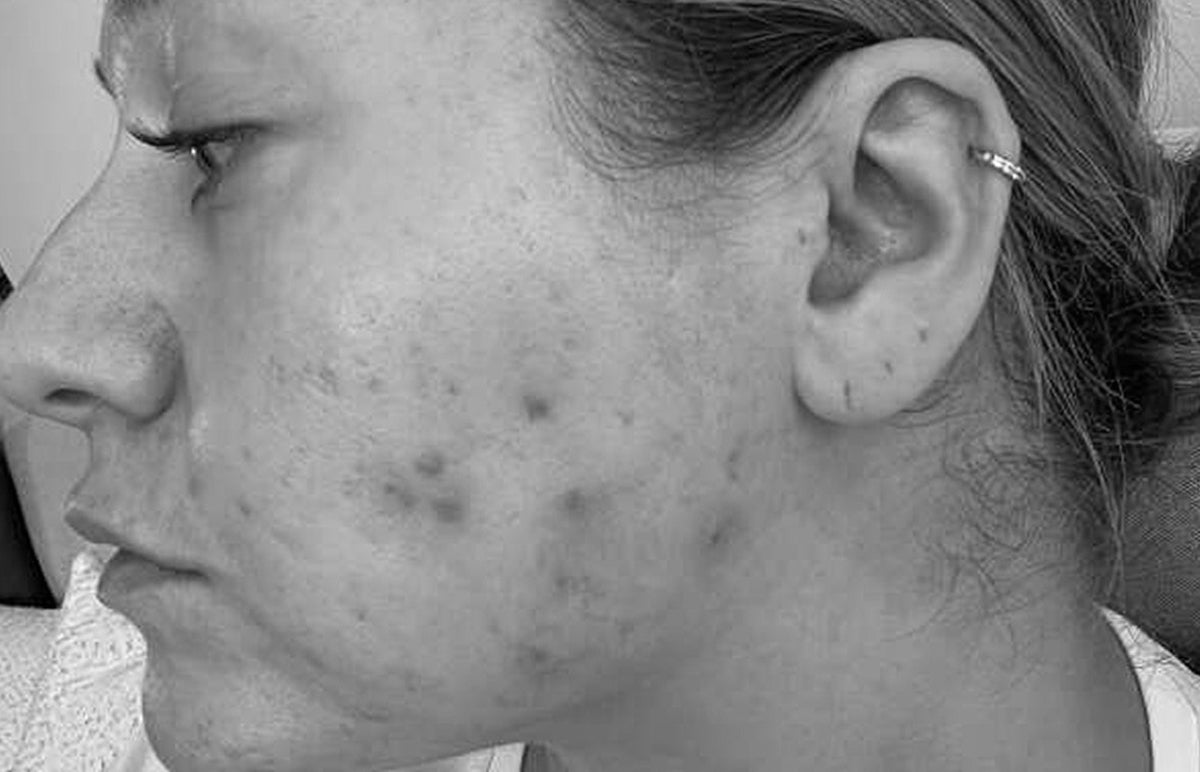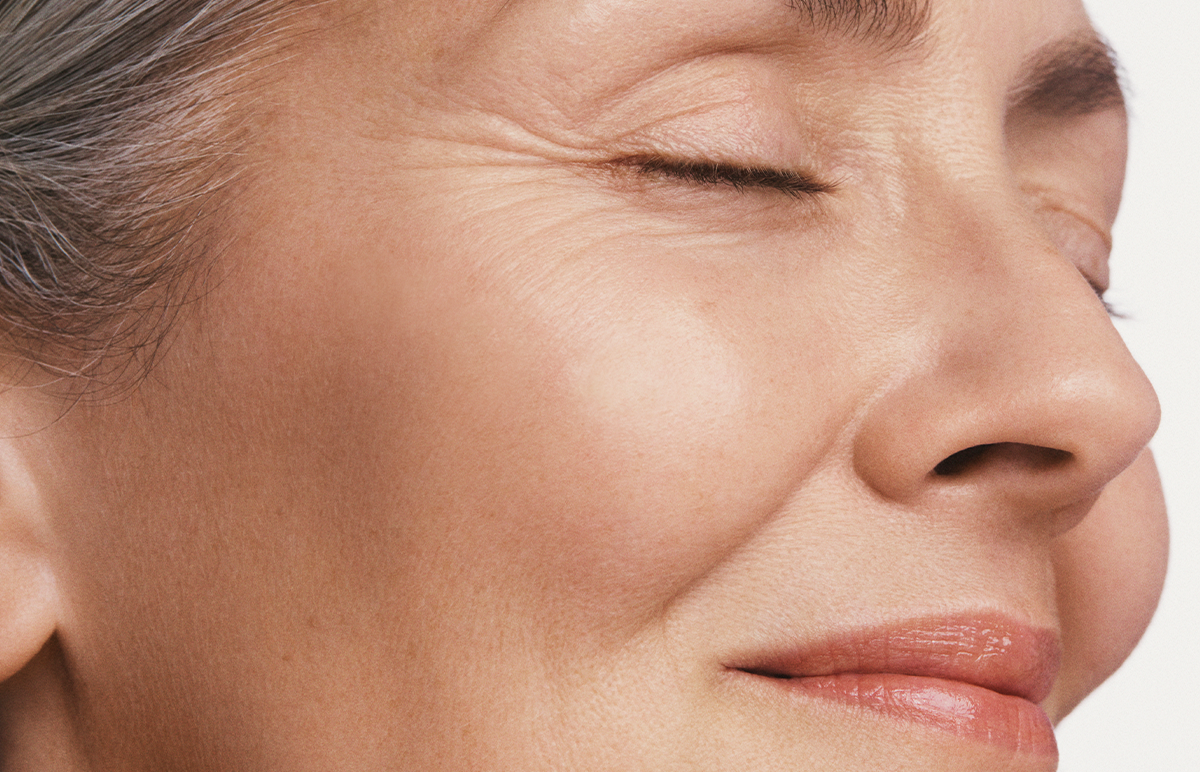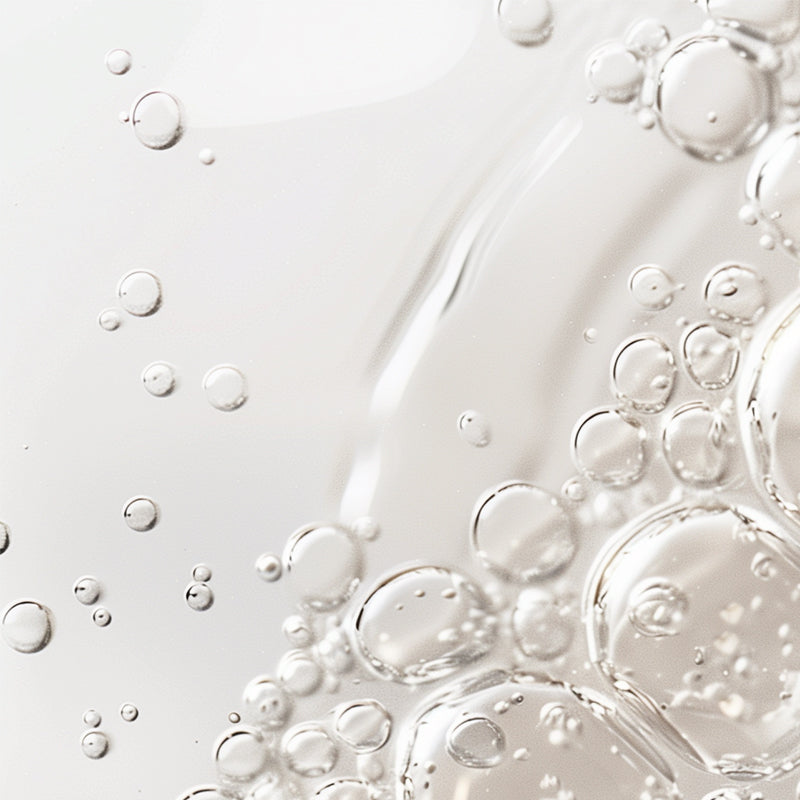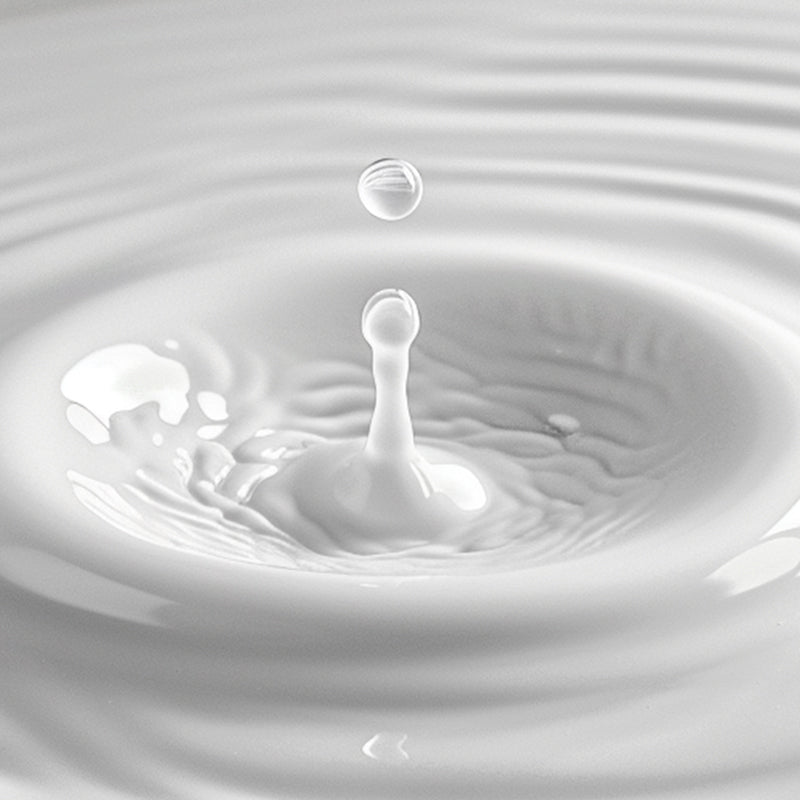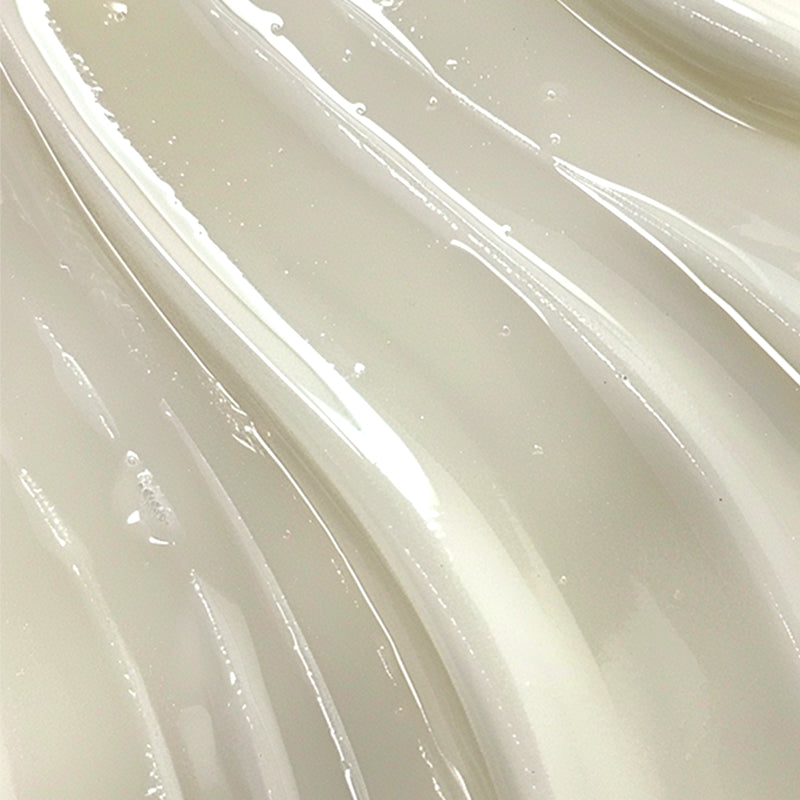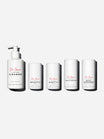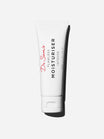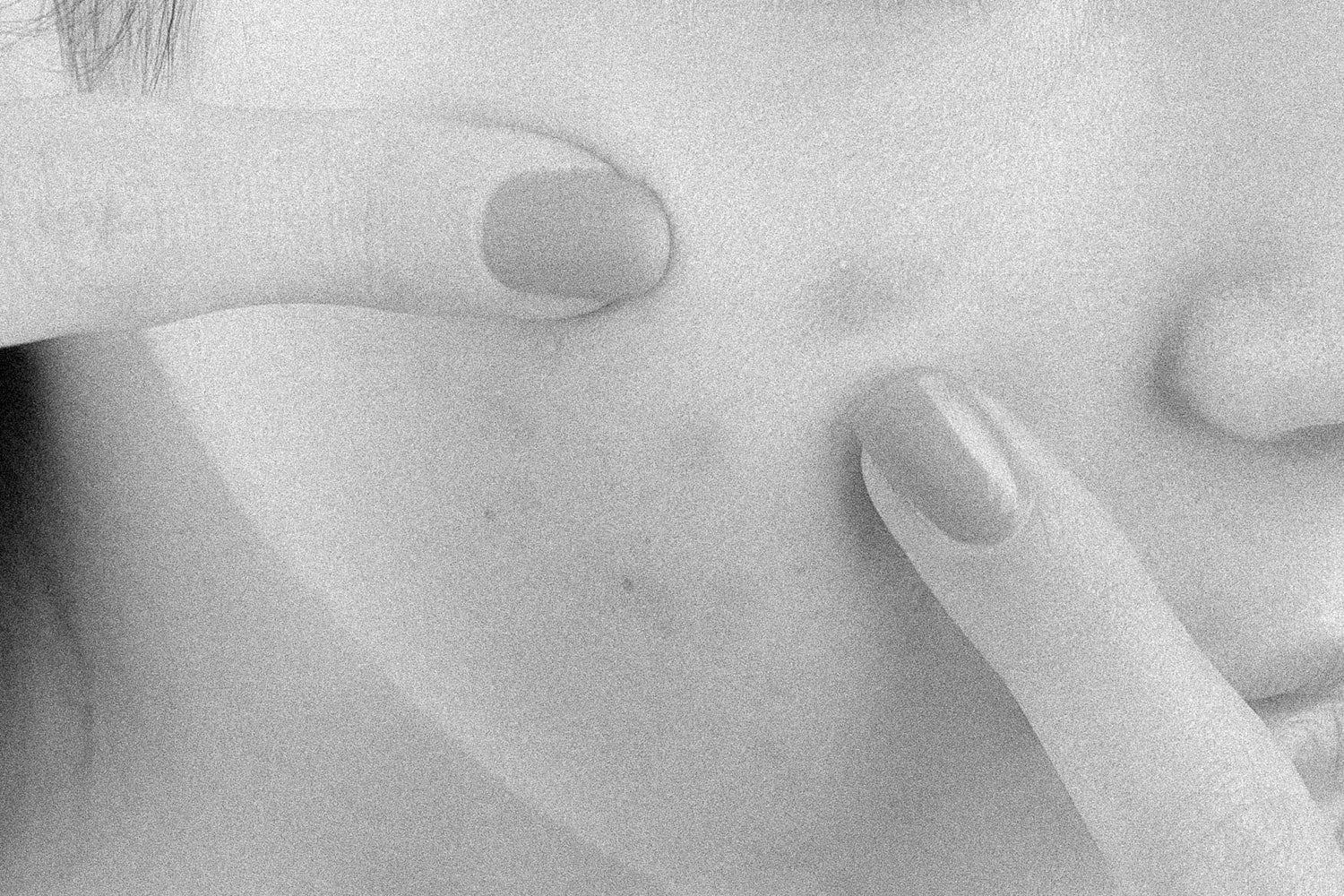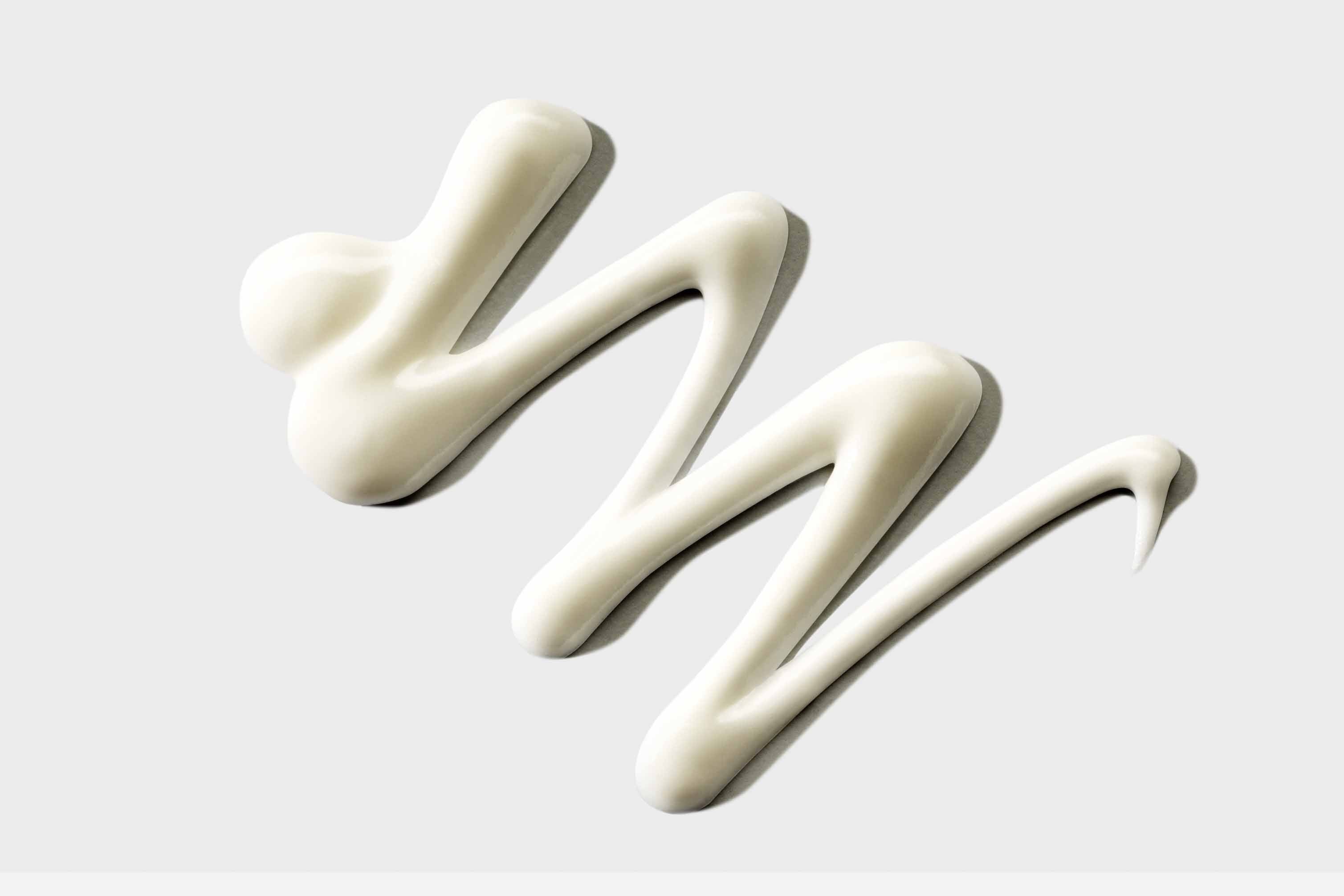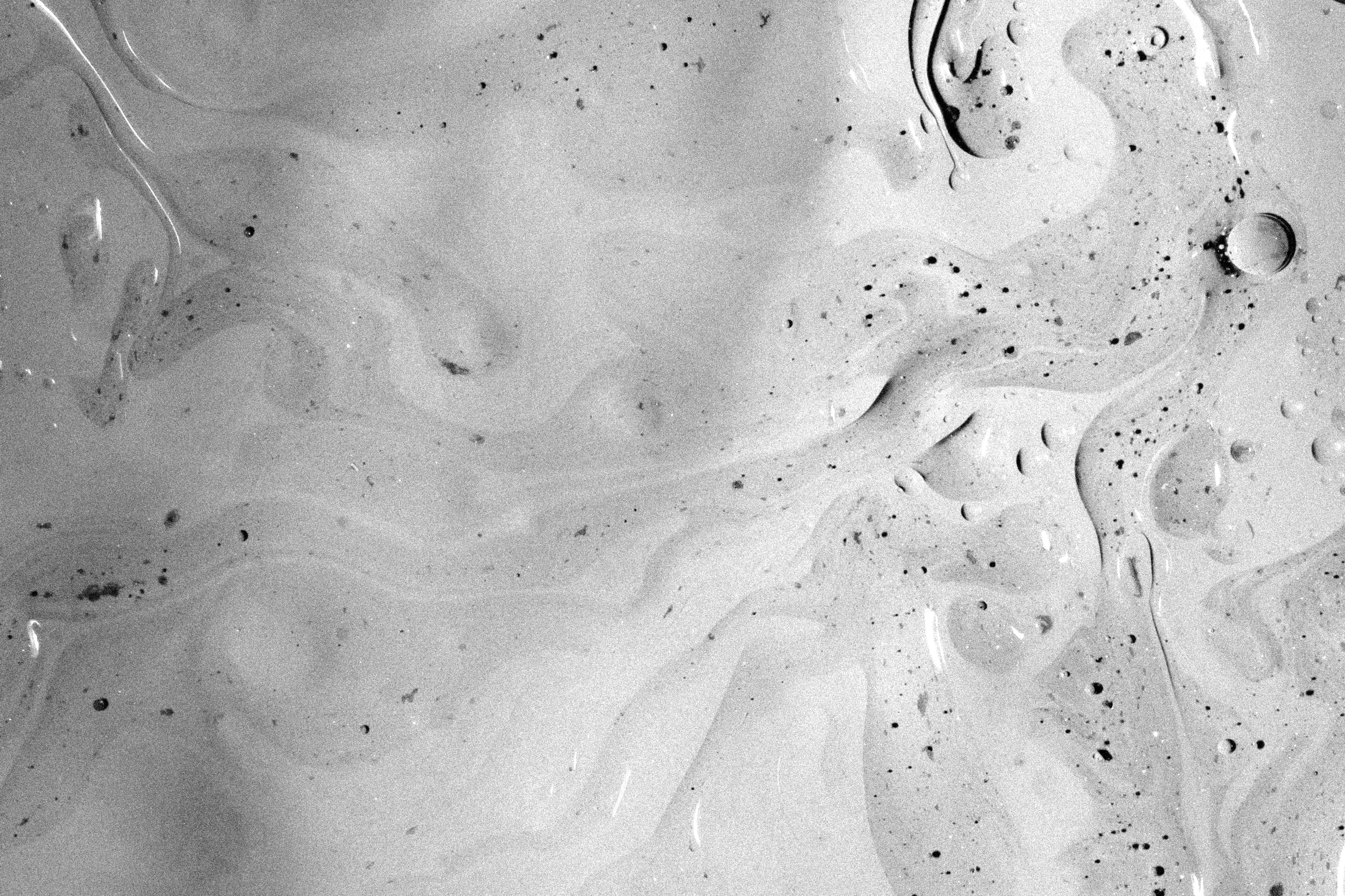Acne is the commonest skin concern and will affect almost all of us at some point in our lives.
And yet there’s still a lot of misinformation around treatment and this can potentially wreak havoc on this precarious condition. I wanted to highlight some of the commonest errors I see in my daily practice so you can dodge these pitfalls and put your efforts into habits that really move the needle.
What are the commonest mistakes in acne treatment?
Expecting your cleanser to solve it.
There are lots of cleansers with actives included, such as salicylic acid. This amounts to short contact, as a cleanser is in contact with your skin for a minute at most. This isn’t a precise way to deliver actives to your skin when you compare it to a leave-on product. They’re also often quite drying, especially to the eye area. This can leave skin depleted without delivering meaningful results.
Just treating the spots you can see.
This is *very* common. The downside is you’re always in reaction mode, when we want to be in prevention mode. Spot-treating blemishes means you’re always going to be fighting the appearance of new ones. It’s why I developed the 13 Dot Technique and place so much focus on preventative ingredients like retinoids and azelaic acid.
Using the wrong treatment products.
Ingredients like alpha hydroxy acids are often cited as being useful in acne, but in fact are largely ineffective as they aren’t oil-soluble and don’t penetrate into the pores to exfoliate them. Similarly, the trend for hydrocolloid dressings is not a particularly useful strategy as it does nothing to address the root cause of the blemishes. Do your research - acne is a medical diagnosis and should be treated with ingredients supported by robust data.
Don’t expect acne to be solved by diet alone.
I meet a lot of patients who blame their lifestyle for causing their acne. In practice, I can’t remember a single patient who solved their breakouts through dietary manipulation alone. It’s so easy to get into the cycle of blaming oneself for troubled skin - so show yourself some compassion by recognising this disease is complex and genetics have a major role to play. By all means aim to eat a healthy diet, and moderate your refined carbs and dairy but the odd square of Green and Black is fine too.
Stopping treatment as soon as things clear up
This is so common - remember treatment is an ongoing thing. 85% of teens get acne , and almost 1 in 2 of those experience some degree of breakouts that persist into adulthood. The good news is that well-chosen actives not only solve acne but also make skin look beautiful so there’s really no downside to ongoing prevention.
Believing that there’s nothing that can be done
Dr Emma and I talk about this all the time. There’s almost always something that can be done. Whether its optimisation of how a topical is used and in what strength, the judicious addition of oral treatments at an optimised dose……or simple things like changing up make-up and skincare basics….there’s almost always a way forward.
When you’ve suffered with acne for a long time, there’s often a despondency that settles in… please don’t get disheartened, if this is you. It’s a fresh new year, and a great time to look at your habits with fresh eyes. If any of these mistakes seem familiar, that’s ok - I’m here to help you find a new path. Check out my Acne Solved series for more tips on putting together a constructive plan. You’ve got this!!!

